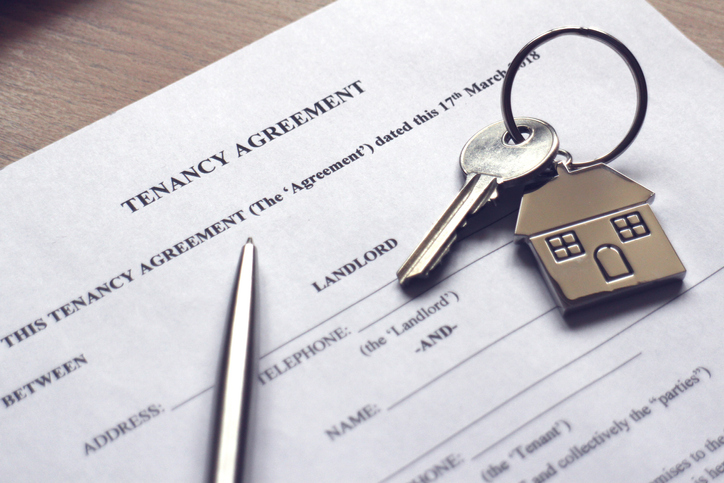When it comes to renting a domestic property, it is important to know your rights and responsibilities as a tenant. Many things you should pay attention to when you are searching for a property and before entering into a tenancy agreement. Please refer to the following tips.
To Search for a Property
You can find a property on your own or with the help of a property agent. If you decide to use an agent, you must appoint licensed agents and clarify with the agent details of the engagement such as the amount of commission and the time of payment before signing the estate agency agreement.

Mortgaged Properties
When you have chosen a suitable property and are ready to enter into a tenancy, you are advised to check the land records of the property to verify the identity of the owner and see if the property has been mortgaged to a bank or other financial institution. The owner of a mortgaged property should seek the mortgagee’s prior consent to the letting of the property. Where this consent has been obtained, you should learn about its conditions, if any. A property that is let without the mortgagee’s consent may be recovered by the mortgagee, and as a tenant you face the risk of being evicted within a fairly short period.
Signing a Tenancy Agreement
You and your landlord are generally free to agree on the terms of the tenancy as long as they do not contravene the Landlord and Tenant (Consolidation) Ordinance.
Your Rights and Duties as a Tenant
Besides details on the amount of rent and deposit, the duration of the tenancy and whether electrical appliances and furniture are provided by the landlord, the tenancy agreement should set out what you and the landlord have agreed to be your respective rights and duties. However, certain rights and duties are implied in a tenancy unless there are contrary provisions in the tenancy agreement. For example, using the property in a reasonable and proper manner is one of your implied duties.

Paying Your Rent
The Landlord and Tenant (Consolidation) Ordinance states that if your tenancy agreement does not specify the conditions for paying rent, and of forfeiture if you fail to pay rent, your tenancy will imply a duty to pay the rent on the due date and forfeiture for non-payment within 15 days of that date.
If for some reasons your landlord refuses to accept your rent, you should send a cheque by registered mail. If the mail remains unclaimed, you can keep it as a proof for future legal proceedings if needed.
Continuing a Tenancy
Under the Landlord and Tenant (Consolidation) (Amendment) Ordinance 2004, you and your landlord can decide whether to renew a tenancy created on or after 9 July 2004, unless there is an option to renew clause in your existing tenancy agreement or another written agreement that preserves your right to tenancy renewal.
Your landlord will usually inform you about the sale of the property. If no new agreement is made between you and the new owner of the property, the terms of the existing tenancy will apply. Remember to clarify whether the previous or the new landlord is responsible for refunding your deposit.
Terminating a Tenancy
A fixed-term tenancy created on or after 9 July 2004 will end at the expiry date of its term. Both landlord and tenant need not to issue a termination notice. You or your landlord may also terminate the tenancy early through mutual agreement or if there is a break clause in the tenancy agreement.
Free Advice and Assistance
If you have questions about or need assistance with any tenancy matters, you could approach the Rating and Valuation Department (RVD) for its free enquiry, assistance and mediatory services. You can also obtain free legal advice from the Duty Lawyer Service.


